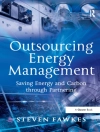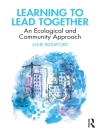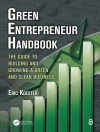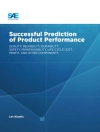Is Social Security really going bust, and what does that mean to me? If I hire an immigrant, am I hurting a native-born worker? Why does the stock market go up when employment declines? Should I give that homeless guy a buck? What’s a “living wage”? How much can presidents really affect economic outcomes? What does the Federal Reserve Bank really do? And even when some pundits say the economy’s sound, why do I still feel so squeezed?
If you’d like some straight answers, premier economist Jared Bernstein is here to help. In Crunch he responds to dozens of questions he has fielded from working Americans, questions that directly relate to the bottom-line, dollars-and-cents concerns of real people. Chances are if there’s a stumper you’ve always wanted to ask an economist, it’s solved in this book.
Bernstein is fed up with “Darth Vaders with Ph Ds” who use their supposed expertise to intimidate average citizens and turn economics into a tool for the rich and powerful. In the pages of Crunch, Bernstein lays bare the dark secret of economics: it’s not an objective scientific discipline. It’s a set of decisions about the best way to organize our society to produce and distribute resources and opportunities. And we all can, and must, participate in these decisions. “America is a democracy, ” he writes. “And in a democracy all of us, not just the elites and their scholarly shock troops, get to weigh in on biggies like this.”
To not weigh in, Bernstein insists, is a profoundly political act, one with damaging consequences. Our economy will be only as fair as we can make it. In this lively and irreverent tour through everyday economic mysteries, Bernstein helps us decode economic “analysis, ” navigate through murky ethical quandaries, and make sound economicdecisions that reflect our deepest aspirations for ourselves, our families, and our country.
लेखक के बारे में
Jared Bernstein is a senior economist and director of the Living Standards Program at the Economic Policy Institute in Washington, DC. He is the coauthor of the last seven editions of The State of Working America as well as The Benefits of Full Employment: When Markets Work for People. He writes a regular column for the American Prospect online, and his op-eds have appeared in the New York Times and the Washington Post.












